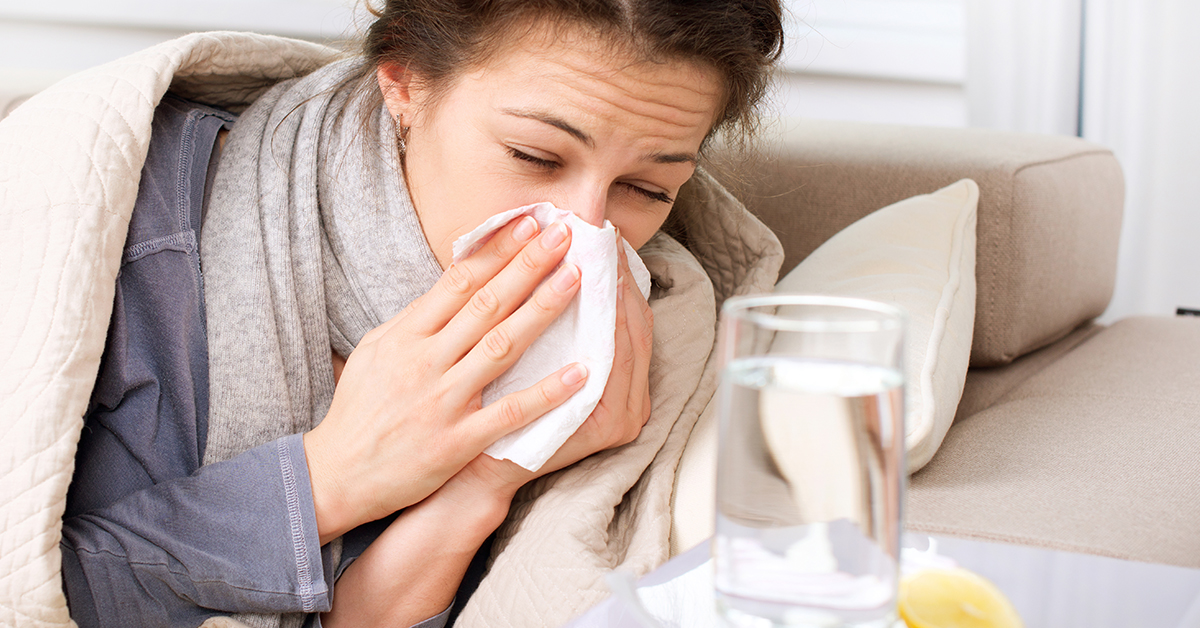
Best Over-the-Counter Drugs for Cold Symptoms
The cold is common in those with weak immune systems, smokers, and people who are constantly exposed to germs. It can lead to a variety of symptoms such as a stuffy or runny nose, sneezing, coughing, fatigue, and body aches.
Even though colds don't usually lead to serious health issues, they can be quite uncomfortable. Fortunately, there are a number of over-the-counter drugs that can relieve cold symptoms and help you feel better. Here's a list of the best ones.
Oral Decongestants
Oral decongestants come in syrup or pill form and can be taken orally. They work to minimize nose stuffiness and swelling. It's important to understand that although decongestants can make you feel better, they do not cure colds. In addition, they may lead to some side effects like rapid heartbeat, agitation, and insomnia or the inability to sleep.
Cough Suppressants
While coughing can shield you from unwanted air and mucus, it can get in the way of your sleep and overall quality of life. If your cold has led you to cough uncontrollably, cough suppressants may be a good option. They can stop the nerve impulse that leads to coughing and offer temporary relief. For the best results, be sure to take cough suppressants before bed.
Antihistamines
Antihistamines stop histamine, a chemical that your body releases when it's around allergens. They can help relieve symptoms like watery eyes, coughing, sneezing, and nasal discharge. Although antihistamines can treat cold symptoms, they are not a permanent treatment to them. For this reason, many doctors caution patients from depending on them.
Pain Relievers
Pain relievers can be an effective way to reduce or eliminate the pain that the common cold may cause. This pain may include headaches, earaches, sore throat, and muscle aches. The most widely used ingredients in over-the-counter pain relievers are ibuprofen, acetaminophen, and naproxen.
While a vaccine for the common cold does not exist, there are steps you can take to reduce your risk of developing it. Wash your hands thoroughly, sanitize your items, sneeze and cough into tissues, and don't share utensils with others.
In most cases, medical intervention is not necessary for colds as people usually recover from them in 10 days or less. However, if your cold leads to a fever that persists for more than five days, wheezing, shortness of breath, severe headaches, or sore throat, see a doctor.

